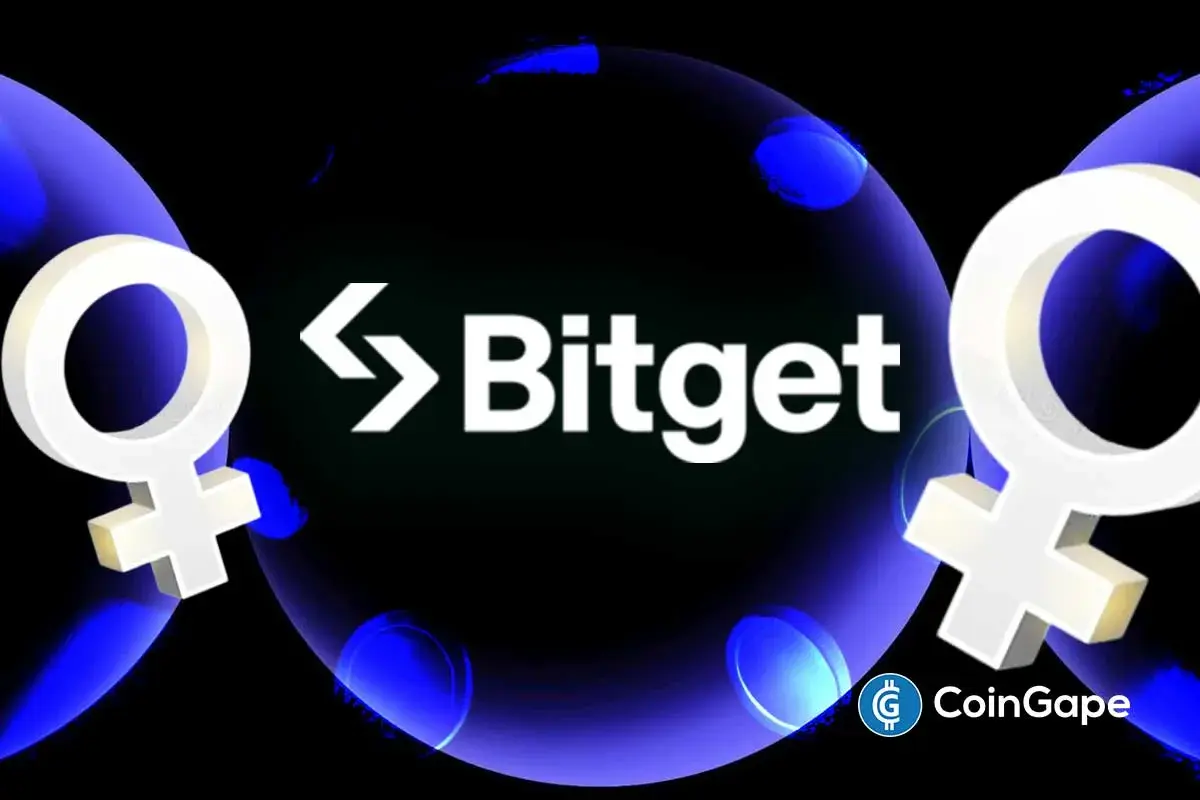Hamas’ Crypto Funding: A Small Yet Significant Contributor to Hamas’ Violence

Hamas, the militant Islamist group controlling Gaza, launched a massive attack on Israel. The assault resulted in the tragic loss of over 1,500 civilian lives and the taking of numerous hostages. Notably, Hamas has used crypto donations to fund its military operations partially. The use of cryptocurrencies makes it more challenging to trace and block transactions compared to traditional forms of money transfers.
Hamas Receives $7.3 Million in Cryptocurrency
According to a report by blockchain analytics firm Elliptic, Hamas’ military wing received more than $7.3 million in various cryptocurrencies, including $40,000 in Dogecoin, a meme-inspired digital coin famously promoted by Tesla CEO Elon Musk.
Although this amount may seem relatively small compared to the annual $100 million provided by Iran to Hamas and other Palestinian militant groups, or the $360 million pledged by Qatar for Gaza’s aid, or even the estimated $300 million collected by Hamas through taxes and extortion within their controlled territory—it cannot be underestimated.
Read Also: Israel Cracks Down on Crypto Links to Hamas Amid Rising Conflict
Even smaller sums can have a significant impact in contexts of low-budget and low-tech attacks. An example that illustrates this is the September 11th, 2001 attacks carried out by Al-Qaeda. It was reported that these attacks only cost them approximately $500,000 but caused a staggering $3.3 trillion worth of damages to the United States.
Challenges of Crypto in Counter-Terrorism
Cryptocurrency poses a challenge for counter-terrorism efforts. It enables fast and anonymous cross-border fund transfers, leaving behind only a digital trail that can be difficult to track. Additionally, it plays a role in the broader landscape of financing terrorism, with social media platforms, remittance services, and prepaid cards often involved.
Read Also: US Lawmakers Seek to Halt Hamas Crypto Amid Gaza Tensions
During periods of conflict, terrorist groups tend to ramp up their fundraising activities. Although Hamas temporarily halted Bitcoin donations in April 2023, this suspension may not last long. Notably, Australia’s financial intelligence agency recently issued a warning regarding crypto donation solicitations for Hamas on Telegram, a messaging app.
Global Crackdown on Crypto Terror Funding
Governments worldwide are taking decisive measures to tackle the threat of terrorism funding through cryptocurrencies. Just recently, Israel took action by seizing multiple crypto accounts associated with Hamas and even freezing a Barclays bank account believed to have ties to the group.
Following suit, the US Treasury announced sanctions on various entities and individuals connected to Hamas, including a Gaza-based crypto company known as “Buy Cash” that facilitated transfers for Hamas affiliates.
The Treasury’s statement highlighted not only the fundraising aspect of cryptocurrencies but also underscored how Buy Cash exploited them for financial transactions in support of Hamas.
Read Also: Israel Cracks Down on Crypto Links to Hamas Amid Rising Conflict
Play 10,000+ Casino Games at BC Game with Ease
- Instant Deposits And Withdrawals
- Crypto Casino And Sports Betting
- Exclusive Bonuses And Rewards

- Peter Brandt Flips Bullish, Predicts Bitcoin Rally As Price Holds Above $70k
- XRP News: Institutional Use Case Expands as Doppler Finance Integrates WXRP for Multi-Chain Access
- Trump Tariffs: Bitcoin Faces Fresh Headwinds as 15% Global Tariffs Begin This Week Amid Iran War
- Bitget Unveils ‘Crypto Anti-Bias Pledge’ To Support Women’s Inclusion In Crypto
- U.S.-Iran War: Crypto Market Rebounds as Iran Reportedly Reaches Out To U.S. To End Conflict
- Dogecoin Price Outlook as BTC Recovers Above $73,000
- XRP Price Prediction as Iran-U.S. Peace Talks Trigger a Crypto Rally
- COIN Stock Analysis as Bitcoin Retests $72k Ahead of February NFP Data
- Robinhood Stock Price Prediction As Cathie Wood Buys $12M Dip in Bold ARK Move
- Bitcoin Price At Risk? Professor Who Predicted US-Iran War Says America Could Lose
- Gold Price Prediction March 2026: Rally, Crash, or Record Highs?

 Buy $GGs
Buy $GGs
















